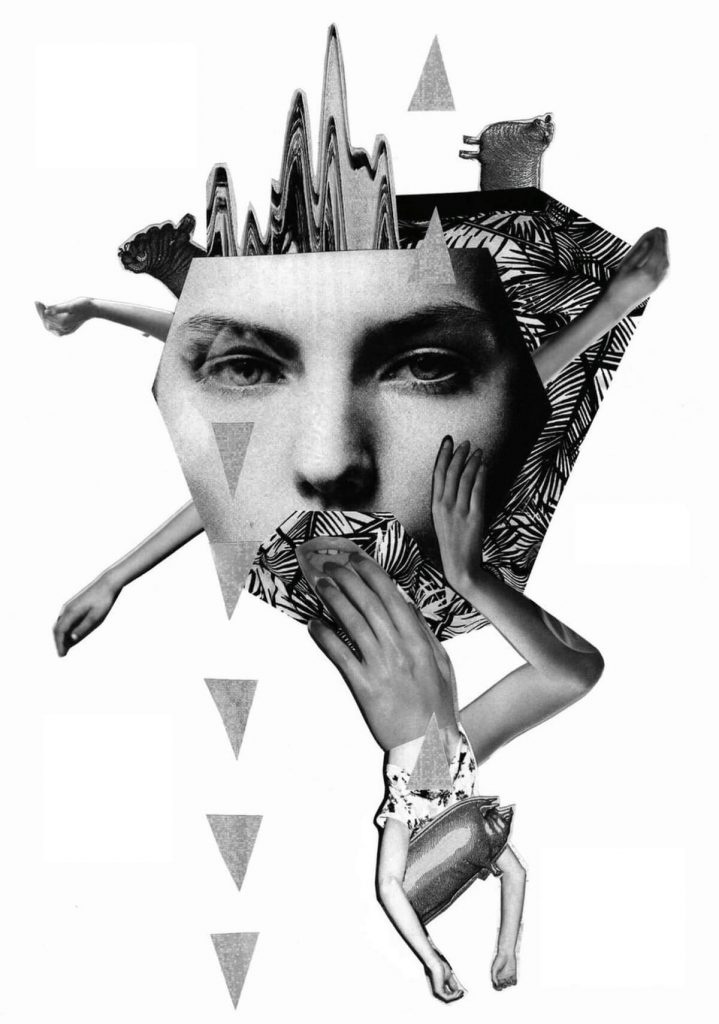
REVIEW #4: Europeans and the Market Economy – Weakening Ties
Protagonists of the free market have been therefore put into a somewhat defensive position and in the public debate we have been increasingly facing populist arguments for less competition and more state intervention. However, the battle will certainly not be won by simply denying the shift of paradigms.



